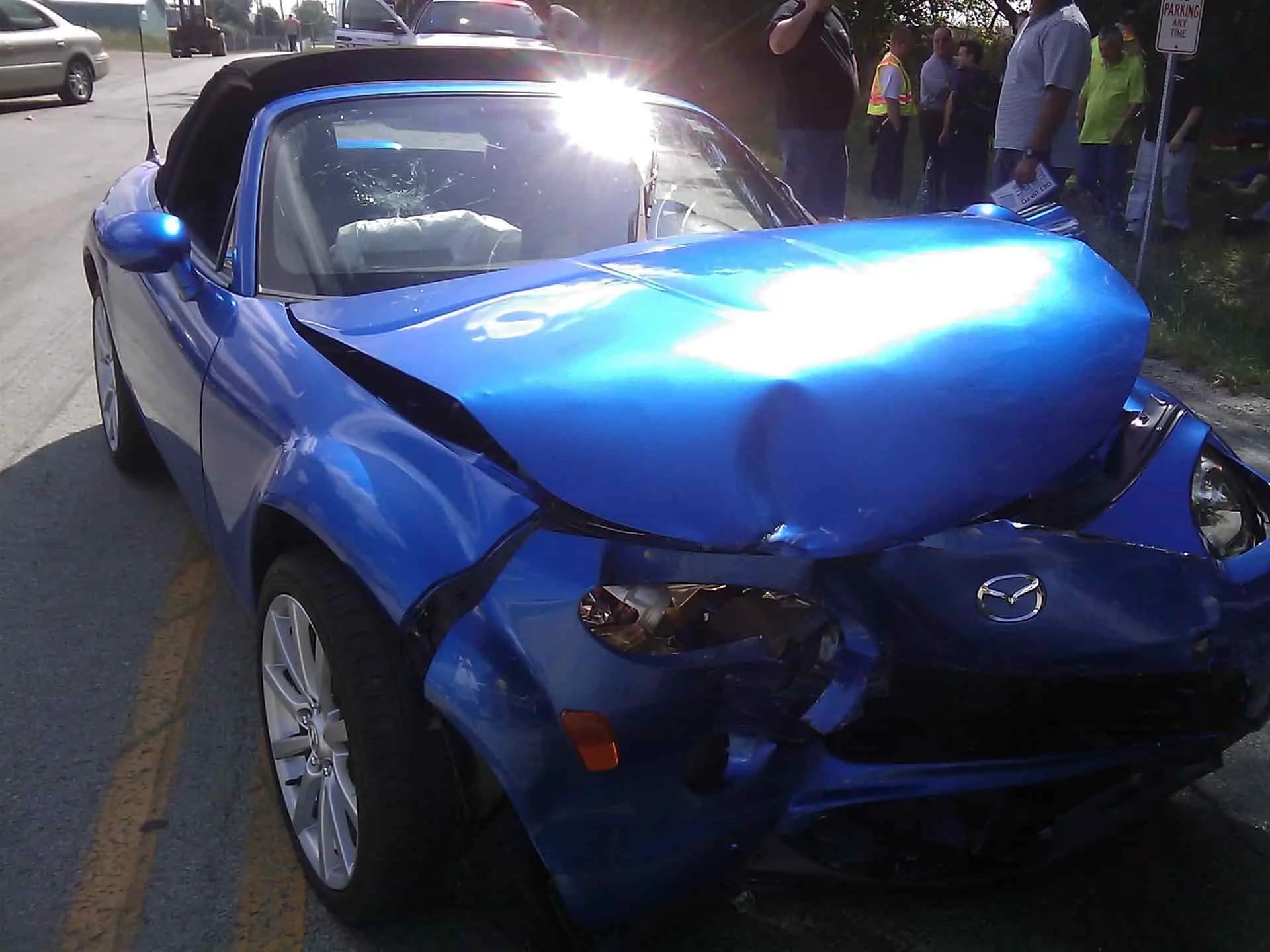Florida Court Discusses Presumption of Negligence in Rear-End Car Accident Cases

Under Florida law, in cases arising from car accidents in which a second driver rear-ends the first driver, the first driver is entitled to a rebuttable presumption that the second driver is solely at fault for the accident. Recently, a Florida court of appeals discussed the sufficiency of evidence needed to rebut the presumption, in a case in which it upheld a summary judgment in favor of the plaintiff as to the issue of liability. If you were involved in a South Florida car accident in which you were rear-ended, it is important to retain a skilled personal injury attorney to assist you in pursuing any damages you may be owed.
Allegations Regarding the Accident
Reportedly, the plaintiff was driving on a road she was not familiar with when she wanted to make a U-turn. She moved toward the median of the road and realized she could not make a U-turn. She slowed down but still maintained a speed of at least thirty miles an hour, and denied applying her brakes at any time. She was subsequently struck from behind by the defendant. She filed a negligence lawsuit against the defendant. Prior to the trial, the plaintiff filed a motion for summary judgment as to the issues of causation and liability. After a jury issued a verdict in favor of the plaintiff, the defendant appealed the court’s order granting the motion.
Rebuttable Presumption of Liability Under Florida Law
The court stated that under Florida law, there is a rebuttable presumption that a driver who rear-ends another driver is negligent. The court noted, however, that the presumption that the rear driver should be held solely liable for the accident can be rebutted if there is evidence that shows the first driver was also negligent. Additionally, the court stated that the presumption of negligence of the rear driver does not render the front driver immune from liability for comparative negligence. Rather, if the facts are disputed as to whether the first driver was comparatively negligent the issue should be submitted to the jury.
Here, the court found that it was undisputed that the defendant was following too closely behind the plaintiff and struck the rear of the plaintiff’s vehicle. Thus, the court found that the trial court’s ruling that the defendant was negligent as a matter of law was proper. The court noted, however, that the defendants account of how the accident occurred differed from the plaintiff’s. Specifically, while the plaintiff testified that she only slowed down slightly and did not apply her brakes, the defendant testified that the plaintiff slammed on her brakes and came to a complete stop. Thus, the court reversed the ruling as to the issue of causation, finding that a question of fact existed as to whether the defendant was solely liable for causing the accident.
Meet with a Skilled South Florida Car Accident Attorney to Discuss Your Case
If you were involved in a rear-end collision in South Florida, you should meet with a skilled South Florida car accident attorney to discuss your case and any what damages you may be able to recover. At Donaldson & Weston, our South Florida personal injury attorneys will identify any hurdles to your recovery and help you develop a strong case in hopes of obtaining a favorable outcome. We can be reached at 772-266-5555 or 561-299-3999 to schedule a confidential and free meeting.
More Blog Posts:
Florida Court Rules Comparative Negligence Statute Applies Retroactively, South Florida Injury Lawyer Blog, January 28, 2019
